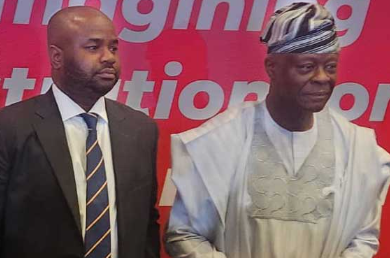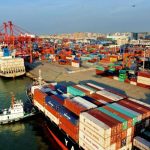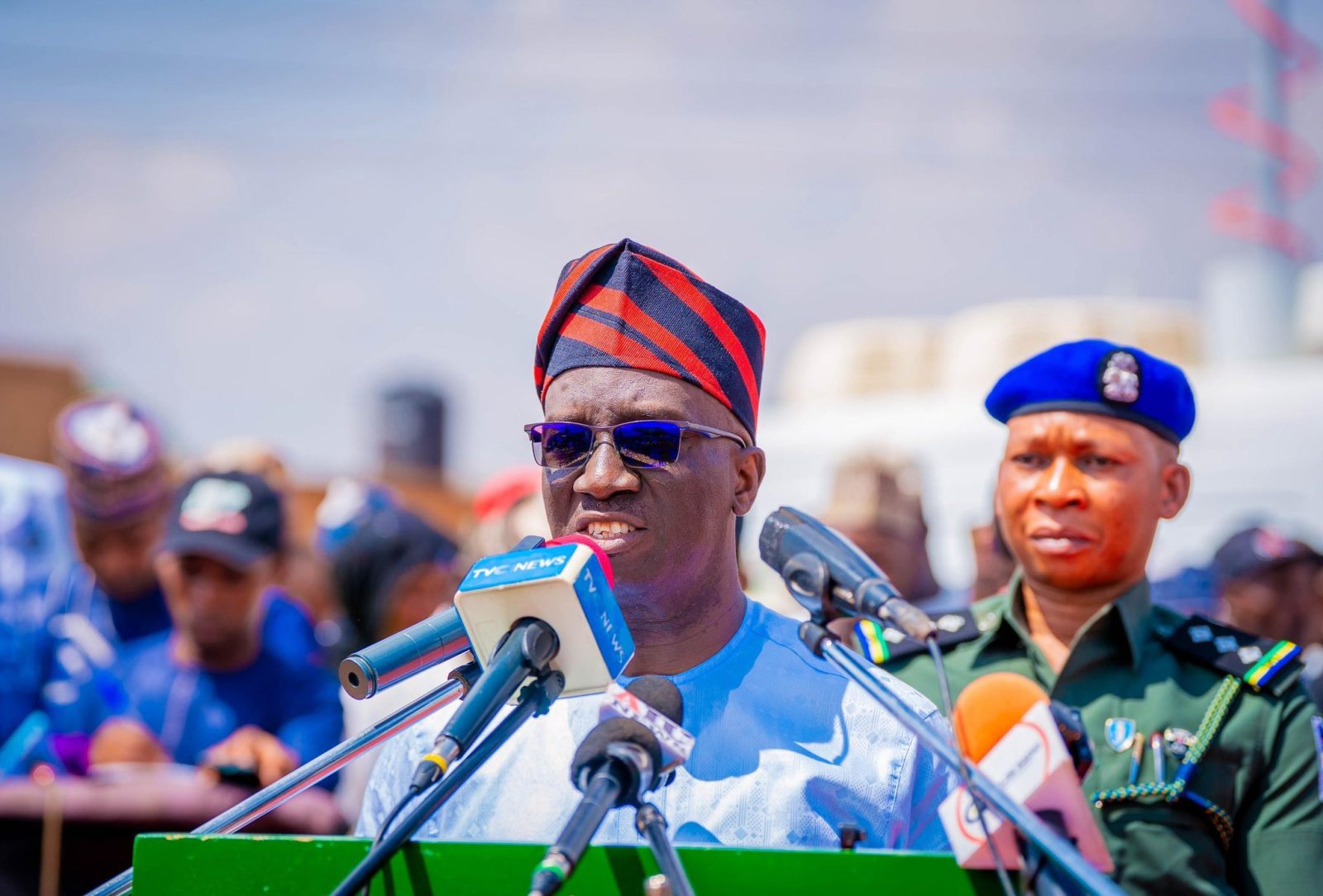The Federal Executive Council (FEC) has directed the continuation of the naira-for-crude oil initiative beyond its initial phase, which ended on March 31.
The Ministry of Finance disclosed this on its official X handle titled, “Update on the Crude and Refined Product Sales in Naira Initiative,” on Wednesday.
Persecondnews reports that this decision was made during a meeting of the technical sub-committee on crude and refined product sales in naira, attended by key stakeholders, including Minister of Finance Mr. Wale Edun and Executive Chairman of the Federal Inland Revenue Service (FIRS) Mr. Zacch Adedeji.
Also present were representatives from Dangote Petroleum Refinery and Petrochemicals, the Nigerian Upstream Petroleum Regulatory Commission, Nigerian Midstream and Downstream Petroleum Regulatory Authority, Central Bank of Nigeria, Nigerian Ports Authority, Afreximbank, and the Secretary of the Committee, Hauwa Ibrahim.
The stakeholders reaffirmed the government’s commitment to fully implementing this strategic initiative, as directed by the Federal Executive Council (FEC).
According to the Ministry, the initiative is not a temporary or time-bound intervention, but a key policy directive designed to support sustainable local refining, bolster energy security, and reduce reliance on foreign exchange in the domestic petroleum market.
While acknowledging potential implementation challenges, the committee noted that these issues are being actively addressed through coordinated efforts among all parties.
The Ministry of Finance said: “As with any major policy shift, the Committee acknowledges that implementation challenges may arise from time to time.”
Despite these challenges, the initiative will remain in effect as long as it aligns with public interest and supports national economic objectives.
The naira-for-crude policy, launched on October 1, 2024, aims to improve crude oil supply to local refineries, save foreign exchange on petroleum imports, and reduce pump prices.
The ministry explained that this policy is structured to foster energy security and encourage investment in domestic refining infrastructure.
While acknowledging that the transition involves complexities, the government admitted that existing challenges are being systematically addressed.























Leave a comment